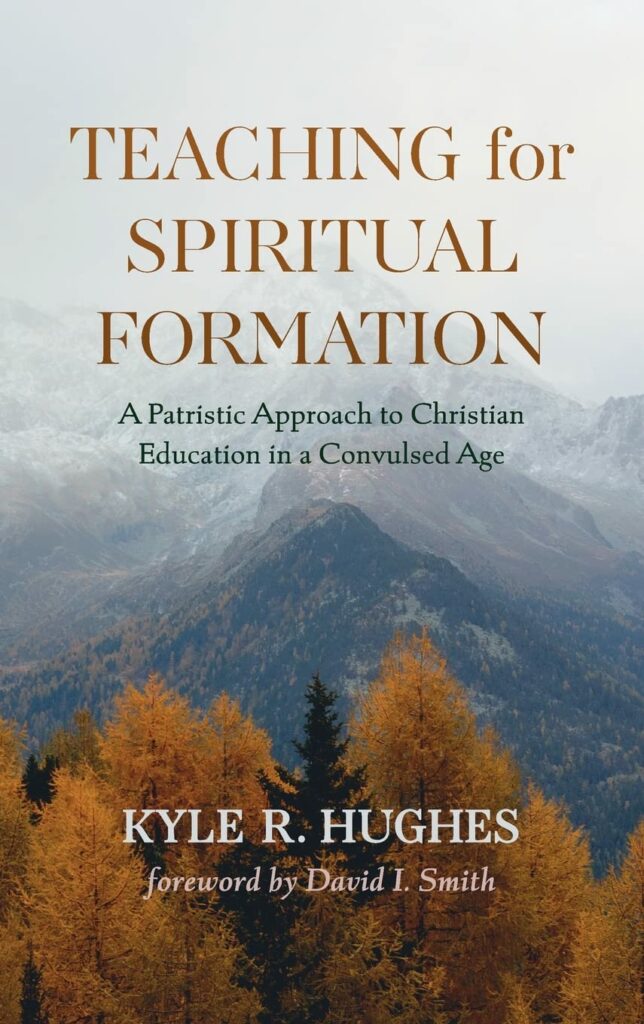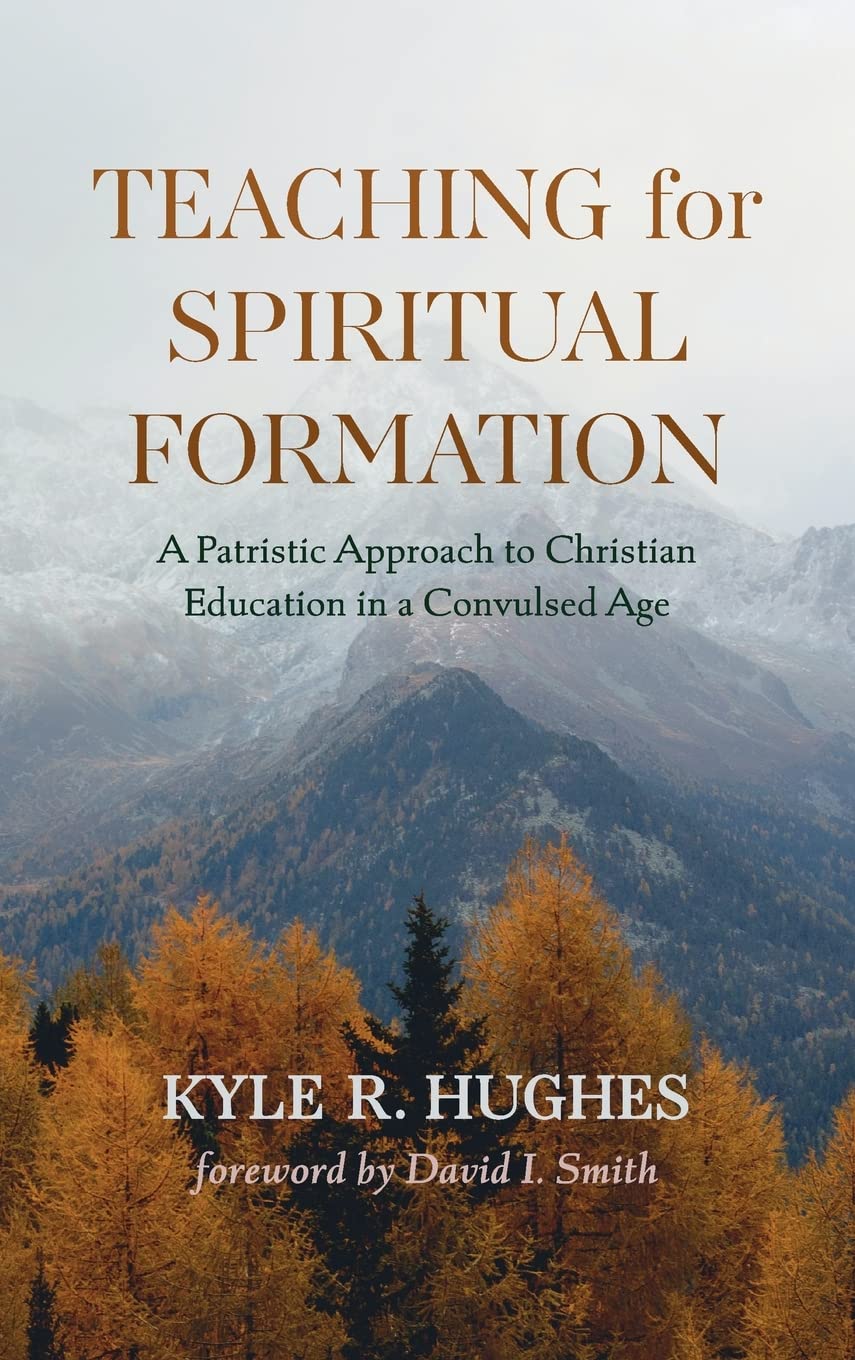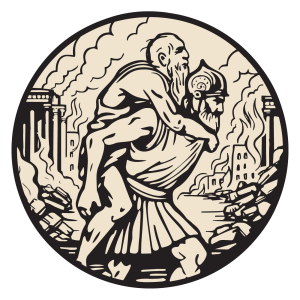Reflections on the means and ends of Christian education

“Education is simply the soul of a society as it passes from one generation to another.”
-G.K. Chesterton
Modern Americans tend to take a limited view of education, both in terms of its ends and its means. As far as ends go, vocational training or professional credentials top the list of normal reasons to go to school. Man goes to school to make a living.
Accordingly, when we think of teaching and learning, we tend to think about curriculum—what is taught, and what kind of utility that imparted knowledge will provide.
Christian teachers and parents see the shortcomings in both formulations. For one thing, education is not about how to make a living, but how to make a life. For another, the curriculum matters, but there are myriad other influences that shape and form the soul for its pilgrimage on earth.
Kyle Hughes’s recent book, Teaching for Spiritual Formation, emphasizes the peculiar and uniquely Christian view of education: that it is one part of Christian discipleship, and its end is to make saints.
Education is formation. In other words, it is about shaping certain types of people rather than merely conveying a certain body of knowledge. The knowledge we center our efforts around is undoubtedly important, but any serious attempt to understand the stakes of education must take more influences into account. Hughes’ book uses the writings of 4th-6th century Church fathers to illustrate the different practices available to Christian parents and teachers as they train up their children in the way they ought to go.
Another way of recasting Hughes’ central points is that effective teaching enculturates. Yes, our students ought to receive exceptional lessons in Arts and Letters. But they also receive their character from the friends they admire and imitate, the media they gaze upon, the images they contemplate, the music they listen to, the buildings they inhabit, and the work in which they take part. In many ways these enculturating influences have a more profound impact on youth formation than does curriculum. Josh Gibbs puts the matter this way: when the two clash, culture eats curriculum for breakfast. If ignored or neglected, these influences can easily provide a counter-formation to the one offered in church, school, and family.
The mission of St. Dunstan’s Academy is to offer an education (formation and enculturation) of integrity: one unified at all points, where each facet of our program aims at producing capable, resilient, joyful disciples of Christ, equipped for every good work, and ready to fight the good fight of the faith.
To do this, young men need a company of peers pursuing the arduous good together, a team of capable mentors, a cultural life focused on truth, goodness and beauty, and real challenges to call them out of boyhood, so that they might become, by the grace of the Holy Spirit, the men God created them to be.





